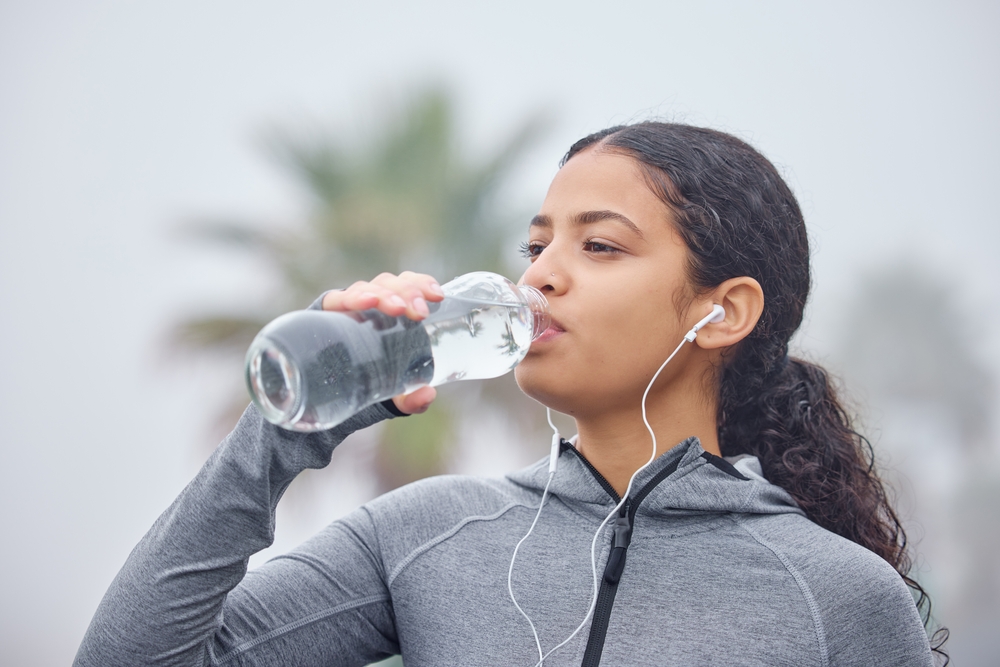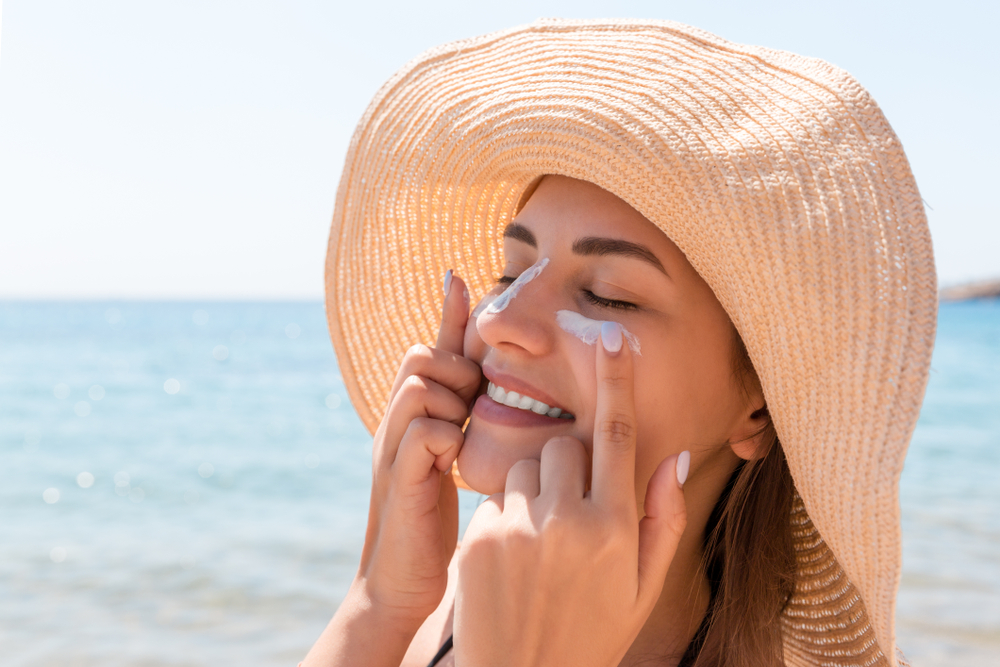
Compared to the other seasons, summer can be particularly challenging and demanding. An individual's routine to stay active and fit can be disrupted by the oppressive heat combined with sweat, rashes, and sunburn.
Your regular fitness routine also may be seriously hindered by the sun's intense heat, which may cause weight gain. The sun's rays are also to blame for pimples and several other conditions, some of which can be rather serious, such as skin cancer and sunstroke.
Summer can be difficult on physical and emotional health, so it's essential to maintain your composure symbolically and literally.
Let's look at some changes you can make to maintain your health and fitness during the summer.
For Fitness, Move It
Summertime can make exercising seem extra challenging, and your gym instructor might come out as much harsher than Cinderella's stepmother. As our minds are the most powerful thing, overcoming negative thoughts is the first step to becoming fit. Try swimming classes instead of the typical sweat workouts. Instead of driving, ride a bike to the grocery store or trek on the weekends.
Consume Greens
All green vegetables, including spinach, lettuce, kale, green beans, and spinach, have a high water content and are a good source of calcium, magnesium, and iron. If properly cleaned and cooked, they are also excellent providers of folates and are simple to digest. Consuming enough greens daily will help you maintain a healthy body temperature and control weight.

Observe The CEM Rule
Cleansing, exfoliating, and moisturizing is referred to as CEM. The high temperatures bring several skin issues, such as dry patches, sun rashes, sunburn, or hyperpigmentation. The sun's intense heat may also be to blame for excessive oil production and hence recurrent breakouts. So it's equally important to take care of your skin. Cleaning gets rid of surface filth, pollutants, and grease. Exfoliation aids in removing the top layer of dead skin cells and improves the penetration of skincare products. The skin is kept hydrated and supple by moisturizing.
Hydrate Yourself Repeatedly
Through sweat, our bodies frequently lose a lot of water. Dehydration, which can be fatal as water makes up more than 60% of our body composition, can result from rapid water loss. To stay hydrated and prevent overheating, you should drink plenty of water and other liquids. Eight glasses of water also should be consumed daily by an adult weighing 50 kilos.

Put Away Your Jeans
Instead of skin-fitting denim, which is constructed of much thicker fabric, wear loose, light-colored garments. Tight clothing makes it more difficult for body heat to escape via the skin, which increases the risk of overheating. Rashes and discomfort might develop due to the fabric rubbing against your skin for an extended time. To lessen sun damage, try to cover the areas of your body that are exposed to the sun.
Use A Lot Of SPF
Remember to use enough sunscreen with a broad UVA spectrum before going outside in the sun. Apply sunscreen again every two hours because it loses its effectiveness over time. Since harmful UV rays can still reach your skin indoors, sunscreen should still be worn. Sunscreens with a minimum SPF of 30 should be worn when going outside.
Reduce sun exposure by trying to stay inside between 10 am and 3 pm, when the sun's rays are at their highest. Skin cancer is one of the skin conditions that can be brought on by excessive sun exposure.

Limit Your Intake Of Alcohol And Caffeine
Due to their diuretic properties, alcohol and caffeine further dehydrate the body. While ingestion in moderation may not have profound effects, excessive intake may cause a rise in blood pressure, headaches, or even heart problems. A warm cup of coffee might make you uncomfortable in the summer since it raises your body temperature.
Take Care Of Your Health
Even though school may be out for the summer, you still need to maintain your health. Although it can be tempting to stay in bed or take a vacation rather than go to your appointment, it's essential to visit your doctor frequently.

Healthful Summertime Habits
Spending time in nature reduces stress, heart rate, and blood pressure, which, if increased, increases the risk of heart disease, according to studies. The summer is the perfect season to go outside and engage in various sports such as walking, swimming, biking, hiking, and other outdoor activities with friends and family.
Conclusion
Eating green leafy vegetables, consuming copious amounts of hydrating drinks, and always remembering to wear sunscreen are just a few tips for living a healthy and happy life during the summer. You can integrate brisk walking or swimming into your daily routine to be active without working up too much sweat.










Comments (0)
Leave a comment